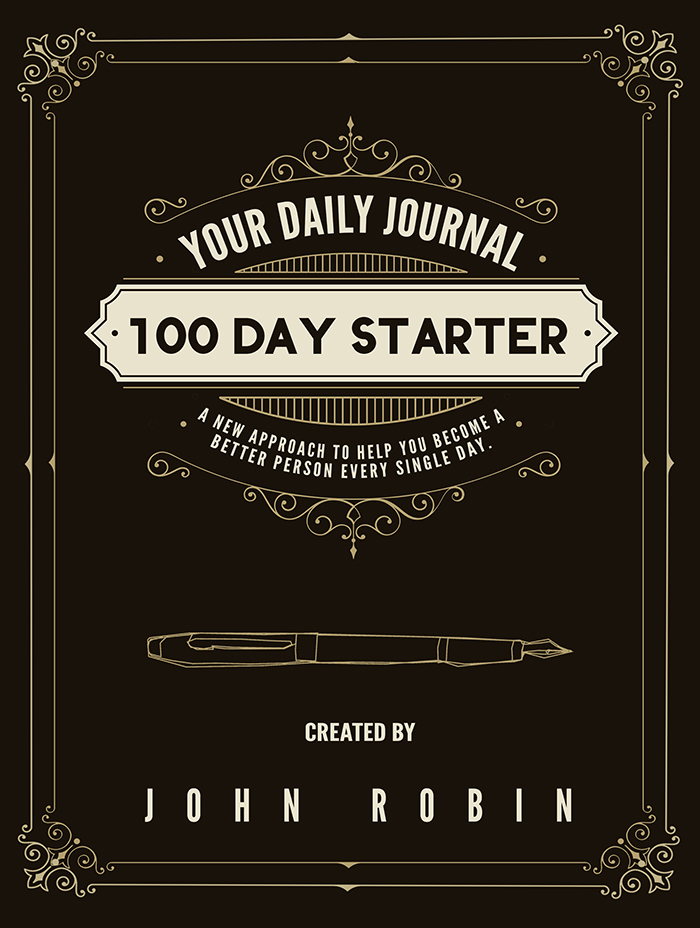“It was a dark and stormy night” (by Edward Bulwer-Lytton in the novel Paul Clifford), has been mocked poked fun at for as long as I can remember. I think this is a great opening sentence. I was inspired so much, I used the first part to write a short story. Let’s look at the whole intro here:
It was a dark and stormy night; the rain fell in torrents — except at occasional intervals, when it was checked by a violent gust of wind which swept up the streets (for it is in London that our scene lies), rattling along the housetops, and fiercely agitating the scanty flame of the lamps that struggled against the darkness.
This is a beautifully crafted sentence. I little long, but it coveys the entire view, feel and emotion of the scene. Often visceral details are left out of descriptions. Here we have mood, tone, setting and empathy. We’ve all experienced the weather. I grew up in Montreal Canada, where winters routinely drop as cold as -40 for 4-5 plus months. I now live in the North-West USA, the driving wind and lack of rain which passes for winter here is not always pleasant… but better than four-foot snow drifts and a foot of brown sludge on the side walks.
One of the things a reader does when they begin a book is put themselves into the shoes of the characters. They want to feel what the character is about and experience the story through the character. One of the biggest peeves for me is the lack of environment around a character. Often I find that weather is simply there to give flair to an event. A bad storm that delays the adventurer’s just long enough to fit the prophesied marriage of Garion and Ce’Nedra in the Belgariad. Or that sudden snow storm, that’s the evil that’s trying to stop the fellowship from taking the easy road over the mountain. These are great plot devices, sure, but weather happens whether or not it is critical to the plot.
Building Geography and weather is part of world building and the developing the history of your world. Author Deborah Chester said in her book “The Fantasy Formula”: ‘Write the history if you must. Write the explanation. Describe the mythology and magic in loving detail. Get that all keyed into your computer. Then set that file aside and don’t insert it into your manuscript. You do need to know it. You should work it out ahead of time so that you understand it thoroughly. That knowledge will help you write your action scenes with clarity, specific detail, and authority. But your needs as a writer are not the same as what readers require to follow your plot.’
Here is an example from my Novel: To Kill a King. “In the dark of the ubiquitous solar eclipse…” My world is neck deep in mythological legend. But since it takes place in the future I had the freedom to make some changes. Some; because the closer to the original you find yourself the more believable the story.
I had decided that many of the legendary gods of mythology had died. Since gods control many aspects of daily life back in the day, what would be the ramifications of killing them? Ra the sun god is dead, Poseidon is dead. Now what does that affect. My readers don’t need the details behind this world building concept, they need to see and feel the effects and have basic and relatable idea why this affects nature. In Egypt there is a perpetual eclipse. Though it rains in my world, the oceans never fill up. Tides are always low. This also has wide spread political change in the realm of the gods themselves. I don’t present all the details of why and how and who. This slows down the story. I give the details and info necessary for the reader to understand why something is the way it is IF the character who is the POV character knows the why. My protagonist has knowledge of history to an extent. He knows why there is a perpetual eclipse in Egypt, so it’s not unusual for him, though different than what he is used to not being a native to Egypt. Details of behind the scenes information should be given in small dollops unless it is absolutely pertinent to the story and plot. If you love your background details and you want the readers to know them, write a book “World of… (fill in the blank)”
I wrote a four-page spread on the genealogy of my protagonist. My readers don’t need to know his genealogy, but I need to know it since I know that more is going on in his family than what is going on in the plot line I am writing in To Kill a King. So I wrote it for fun, and to stretch the history of the main character in my mind. Some day down the road I might publish a “Rule of the gods, world book” that would be an ideal place to show off the dusty corners of my world.
If your audience is large enough, you may end up publishing updates to this book as the work grows in sequels and in your own reworking’s and growth as a writer.
Some of my favourite novels have been bogged down and put aside more than once because of whole sections devoted to background and world building added into the text. Terry Brooks is my favourite story teller. But in his debut novel The Sword of Shanna, the narrative of the story stops abruptly when Allanon has a sit down with the brothers Ohmsford and gives a very long winded description of the history of the four lands. The history is interesting but the story comes to a grinding halt. If you haven’t read The Sword of Shannara or you stopped a few times like I did, go back and plow through or skim ahead a chapter or two (only) and pick up the story from there. It’s worth it.
Mass information dumps stop the progression of the story and can make the plot less enjoyable, it can as it has happened to me with the result that it took me more than one try to read through the Sword of Shannara. Persevering through a potentially good book and pushing past mass lulls of unnecessary details can cause your might-be-block buster to get bad reviews because no one got past chapter four. If you wrote slogs of non-essentials to the reader in information dumps, cut it out and revise to a singular small paragraph. It is enough that you understand the nuances of your history, geography and weather.
One of the methods I use when writing is to imagine the scene as if it were being shown in a movie. When we see a character standing in the pouring rain hunched down in his windbreaker, his hair plastered to his head; we can instantly relate. Unless you live in Northern Siberia or the middle of the Mojave dessert. Or when we are watching someone run through open fields with the wind blowing trough their hair and pulling at their dress.
We see it, feel it, and experience it. Why is it that so many book characters getaway with riding cross continent on little sleep, fair weather and little difficult weather or bad topography except when it is plot driven? Weather happens, rough terrain happens and when mixed together makes the scene come alive. I like to have life happen in a book, but as always keep the details small but pertinent. Maybe it’s raining for no other reason than it’s March in Seattle.
###
 Jodhan Ford is a husband of one, a father to five, an author of numerous unpublished works, an amateur Historian and Theologian. Jodhan is a Canadian with literary asylum in the United States. He studied creative writing at Concordia University, Montreal. He owes his love of books to his mother, who kept reading book after book after book to him until she read the Hobbit; after that she gave up reading and handed over The Fellowship of the Ring at age ten and told her son to read for himself. His current whereabouts are undisclosed due to the writer’s protection program.
Jodhan Ford is a husband of one, a father to five, an author of numerous unpublished works, an amateur Historian and Theologian. Jodhan is a Canadian with literary asylum in the United States. He studied creative writing at Concordia University, Montreal. He owes his love of books to his mother, who kept reading book after book after book to him until she read the Hobbit; after that she gave up reading and handed over The Fellowship of the Ring at age ten and told her son to read for himself. His current whereabouts are undisclosed due to the writer’s protection program.
Visit his website or sing up to receive updates: http://www.jodhanford.com/
You can chat Jodhan up on Twitter: @jodhanford
Or like him on Facebook: https://www.facebook.com/Jodhan.ford


Reblogged this on John Robins Blog.